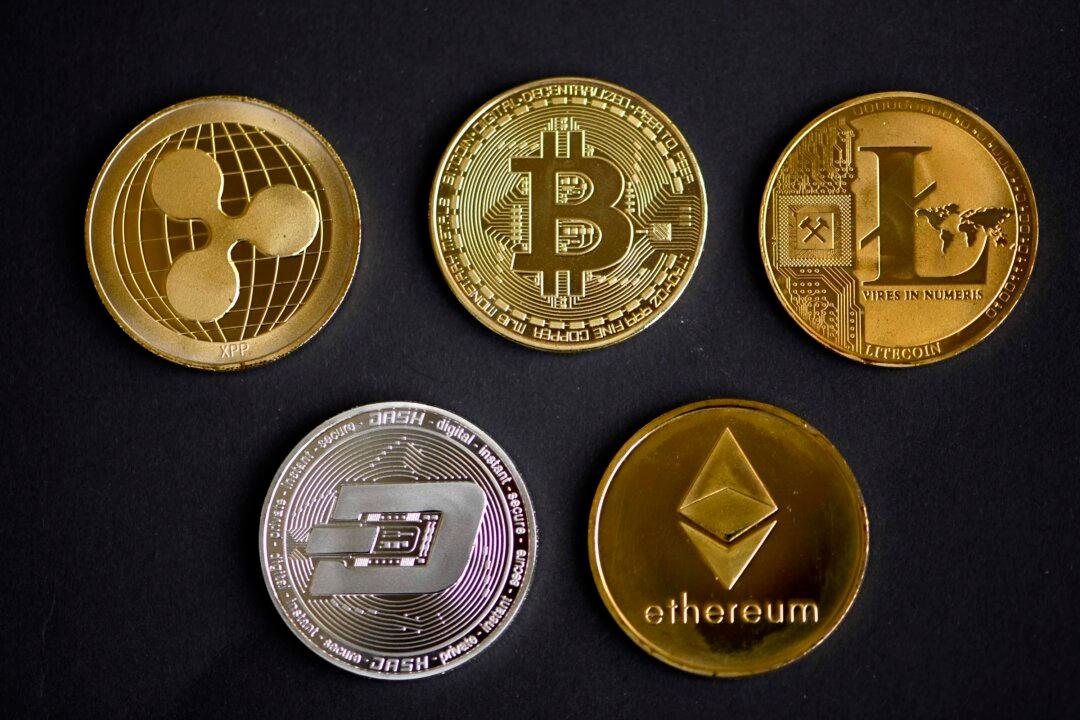WASHINGTON—Two Chinese nationals were charged on Mar. 2 with laundering over $100 million in cryptocurrency that had been stolen by North Korean hackers, U.S. prosecutors said.
Tian Yinyin and Li Jiadong were charged in an indictment unsealed in Washington with money laundering conspiracy and operating an unlicensed money transmitting business.





